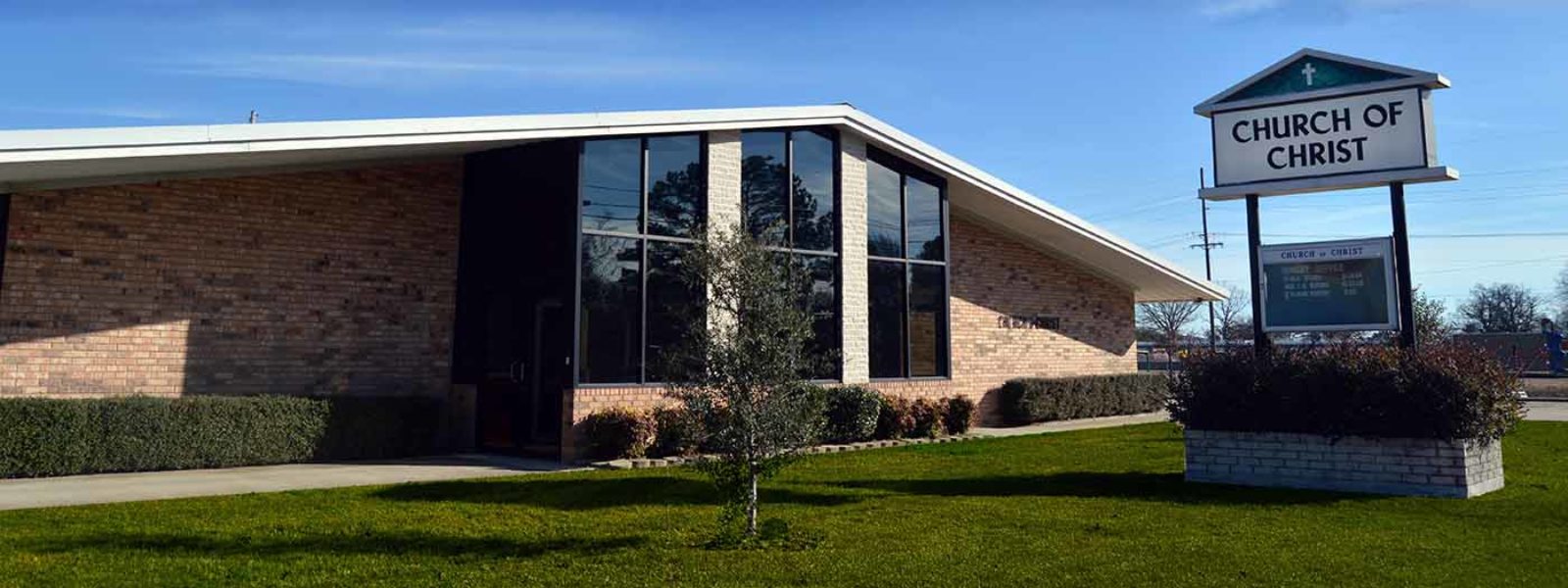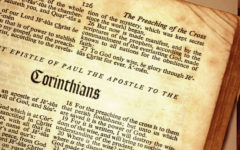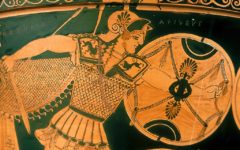Taking Risks as Christians
In this study, we will look at different kinds of risks that Christians must take to be Christians. There is the risk of 1) Leaving the ones we love, 2) financial loss, 3) our life and health, 4) public rejection and failure. Each Christian should know what kind of risks he or she faces each day in living the Christian life and be prepared to handle those risks understanding that while there may be "risks" while we are upon the earth, the outcome is guaranteed. I want to spur the brethren on toward taking more risks in these areas because the greater risk one takes the greater reward that is associated with the risk.
















